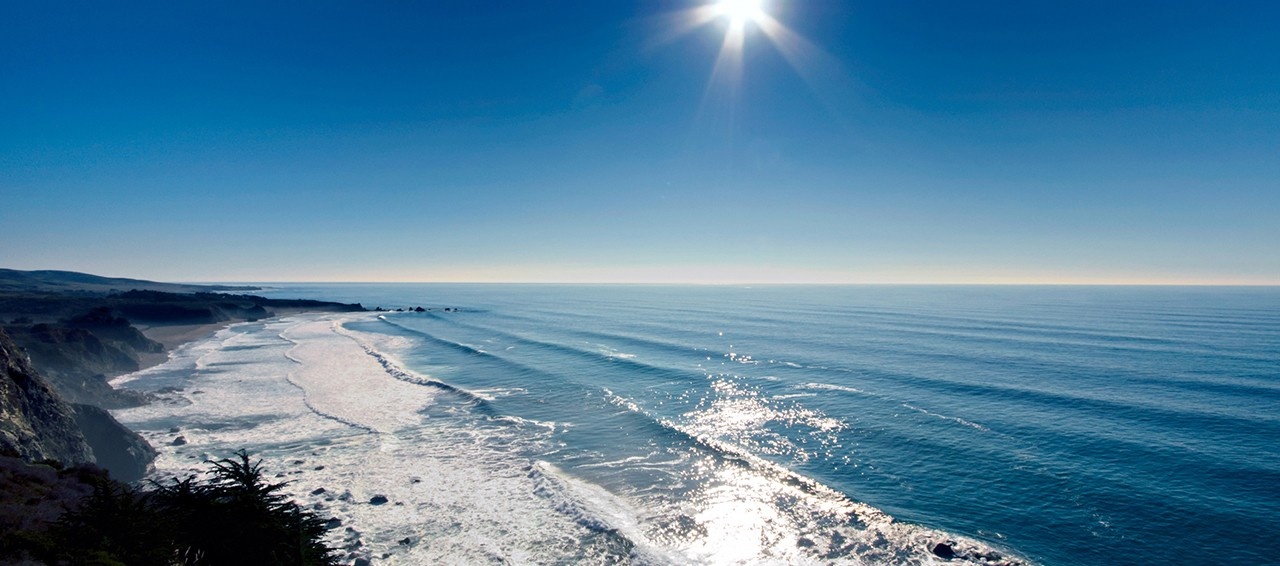MAP Research
The Marine Affairs Program houses a variety of long term research projects:
IFITT
The Improving Fisheries Information and Traceability for Tuna project, or IFITT, is led by Wageningen University, and is a collaboration between Wageningen, the Marine Affairs Program at Dalhousie, Masyarakat dan Perikanan, Indonesia (Fishing and Living Indonesia), Bogor Agricultural University and Thisfish. The project seeks to study the incentives for, and potential of, consumer facing traceability in tuna value chains to promote sustainable data collection and transparency in Indonesia. Can the collection and communication of information-rich traceability data change seafood producer and consumer practices? IFITT’s technology component, funded by Adessium Foundation and the Netherlands Organization for Scientific Research (NWO), is led by MAP’s Megan Bailey. Trace a sample code at thisfish.info to see where your tuna may be coming from! Read a related paper on traceability’s role in seafood governance here.
BESTTuna
MAP’s Megan Bailey is a Research Associate with the Environmental Policy Group at Wageningen, where she contributes to the BESTTuna program. BESTTuna is about benefiting from innovations in sustainable transboundary tuna management. Megan’s work focuses on the extent to which private and public governance approaches, for example seafood certification and RFMO cooperation, can combine to promote improved tuna fisheries management. BESTTuna is supported by the Interdisciplinary Research and Education Fund at Wageningen, and supports PhD and Masters students from the Netherlands, Kiribati, Fiji, the Philippines, Indonesia, England and France. Read papers from this project including a look at the double principal-agent problem in Indonesia’s fisheries management, implications for economic policy instruments to improve tuna governance, and the impact of social factors on fishing effort in the Philippines.
Fish-WIKS
Fish-WIKS research looks at understanding western and indigenous knowledge systems and explores how the different processes by which knowledge is acquired, transmitted and used can be harnessed to enhance Canadian fisheries policy. Funded by the Social Sciences and Humanities Research Council (SSHRC), the research aims to identify the commonalities and differences in indigenous knowledge systems across the Pacific, Arctic, Inland and Atlantic regions and in four distinct coastal communities in Canada (Tla-o-qui-aht, British Columbia; Repulse Bay, Nunavut; Nipissing, Ontario; and Eskasoni, Nova Scotia). The project also seeks to understand how indigenous and western knowledge systems can be used to improve the sustainability of Canadian fisheries.
The Northwest Passage and the construction of Inuit pan-Arctic Identities
The geographic entity we know as The Northwest Passage has been home to Inuit groups that occupy the Arctic from Greenland to Alaska since time immemorial. While Inuit connections to their local home lands is well known, the existence of Inuit regional identities has not been fully analyzed. This project focuses on the documentation, representation and analysis of networks of well-established trails and routes that have linked Inuit communities across the whole Arctic. This project is part of a larger research endeavor that is seeking to articulate Inuit understandings of Arctic coastal and maritime environments.
Dalhousie Marine Piracy Project
Researchers at Dalhousie University are taking a new approach to an age-old problem faced by seafarers the world over: piracy. A half-million dollar research grant from the TK Foundation and in-kind support from Dalhousie University’s Marine Affairs Program (MAP) support the two-year PIRACY Project. Researchers examine modern-day piracy to gain insights that may be applied to the prevention of future outbreaks of violence at sea.
GEF International Waters Governance Methodology Project
In collaboration with the Centre for Resource Management and Environmental Studies (CERMES), University of the West Indies, this research focuses on the development and implementation of a methodology for assessing governance architecture in 64 large marine ecosystems (LMEs) and the open oceans with respect to fisheries, pollution, biodiversity and climate change. Additionally, the project includes testing of the methodology across four linked water systems, each comprised of its associated river(s), lake(s), aquifer(s), LME and open ocean. This research is funded by the Global Environment Facility.
Caribbean Large Marine Ecosystem (CLME) Project
In collaboration with the Centre for Resource Management and Environmental Studies (CERMES), University of the West Indies, the focus of the research is to develop a regional governance framework for the countries bordering the CLME and Adjacent North Brazil Shelf area. Its purpose is to enhance the sustainable management of the living marine resources of the Caribbean Sea through targeted interventions that address gaps in scale and fit of existing governance processes. This research is funded by the Global Environment Facility.
Ecoplata and MCISur Projects
Dalhousie, in collaboration with the University of the Republic (UdelaR) in Montevideo, have collaborated on two projects extending over 22 years that were designed to enhance Uruguay’s capacity to address coastal zone issues in that country. The Ecoplata initiative created a consortium that studied, analyzed and recommended change to policy makers in different levels of government. It was funded by The International Development Research Centre in Ottawa. MCISur , built on Ecoplata’s success, created and implemented a Masters Program in Integrated Coastal Management in UdelaR. Various student research initiatives in local coastal communities are an essential transfer vehicle between the university and the public. This initiative was designed using Dalhousie’s Marine Affairs Program as the template and it continues to be funded by the Canadian International Development Agency through the Association of Universities and Colleges in Canada.
